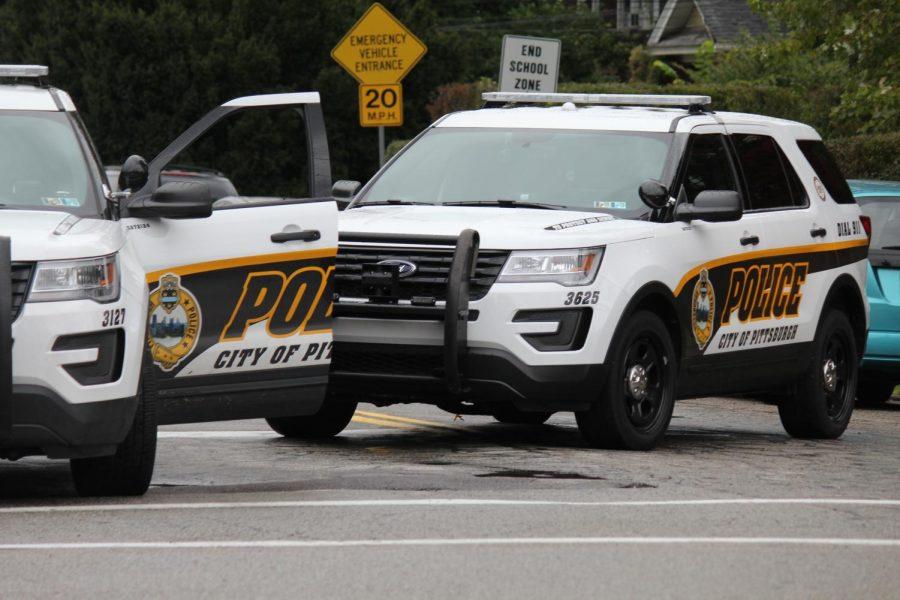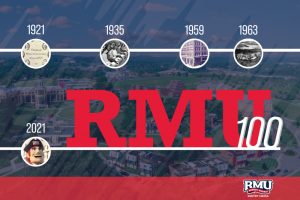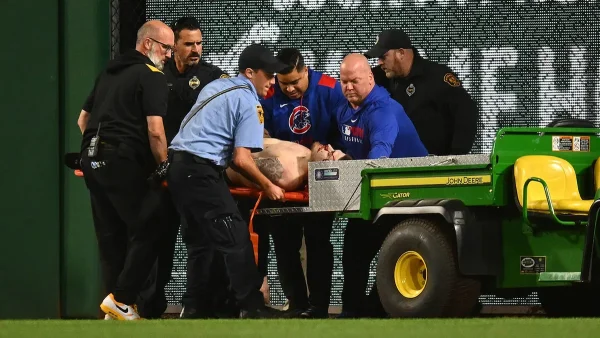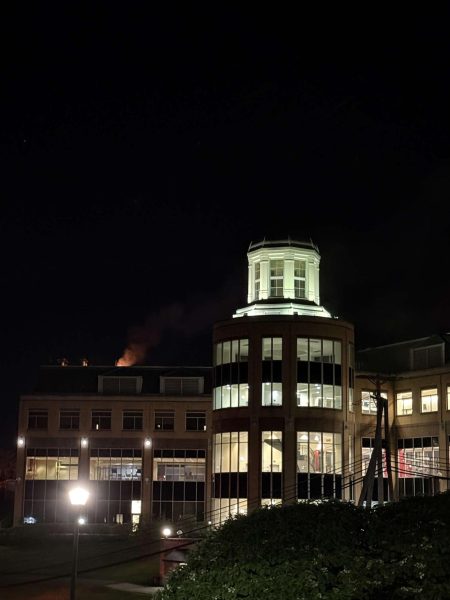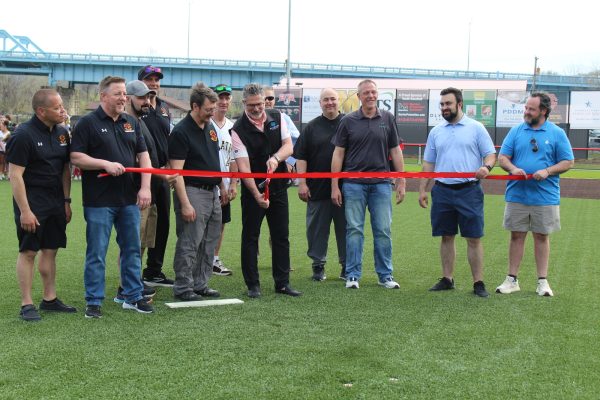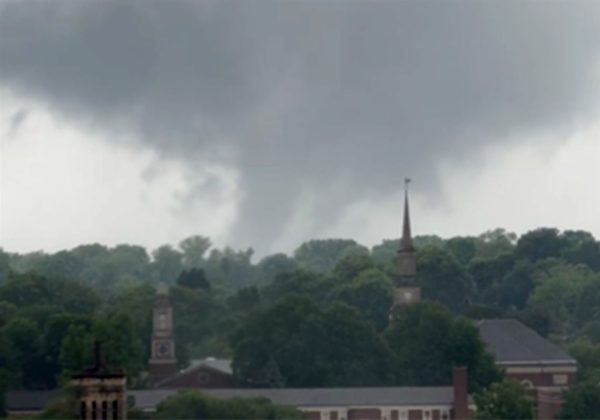Pittsburgh Bureau of Police introduces new training to better prepare officers to deal with homelessness
PITTSBURGH– In order to prepare new officers for close contact with homeless residents within the city, Pittsburgh police recruits will now receive specialized training to acknowledge experiences faced by displaced people within the city, the available services that can aid them and the impact of public safety action in the homeless community.
The “Homelessness Academy” is an initiative being implemented by the Pittsburgh Bureau of Police, the Office of Community Health & Safety in Mayor Bill Peduto’s Office and the Department of Public Safety’s Office of Community Services and Violence Prevention.
The program is meant to help officers develop skills that are necessary when encountering a situation with someone who is homeless. The program is also designed to give police recruits an understanding of the hardships and trauma displaced people have experienced that the new officers may not be familiar with.
“This program better prepares recruits to look at social issues with a guardian mindset. It opens their eyes to the reality and the humanity of the situation and provides them with a better understanding of the key issues related to homelessness,” Police Chief Scott Schubert said.
Along with Mayor Peduto’s efforts to give first responders an increased level of support when interacting with homeless people in need of social services, the city has also partnered with Allegheny Health Network’s Center for Inclusion Health to assist community-based outreach teams. These teams will provide deliveries to fulfill resident’s needs.
Mayor Peduto and the Homeless Outreach Coordination Committee and Resource Office joined forces last summer to launch the training academy to oversee social and public health services for community members and emergency personnel who frequently come across homeless residents who need assistance.
“Community members and people working directly in the community are our experts. It is the responsibility of the Office of Community Health & Safety to support residents and first responders by ensuring that services are available, responsive, and low barrier,” OCHS Manager Laura Drogowski said. “Police and EMS are the last safety net – with this training, we work to help officers understand that treating people with dignity, respect, and support can change their experiences.”
The academy program is directed by Sgt. Colleen Bristow as she teaches the new recruits unique circumstances in which residents experiencing homelessness face.
“This is a continuation of Police’s years-long focus on building bridges with all communities in Pittsburgh,” Public Safety Director Wendell Hissrich said.
Bristow worked for the Municipal Police Officers’ Education and Training Commission (MPOETC), which oversees police training in Pennsylvania. Police agencies are required to follow MPOETC training but can initiate additional training, which includes the Homelessness Academy that is uniquely molded to fit the needs of the Pittsburgh area.
“Our goal is to have the best police bureau in the country, with officers who receive training that is second to none. I applaud this multi-agency cooperation and the initiative shown by the Police leadership and the Academy in providing this crucial training,” Hissrich said.
Recruits completed a survey following the Homelessness Academy training which revealed that 28% of them had never held a conversation with a homeless person before. The results also indicated that 71% claimed that the program gave them a better comprehension of the subject.



